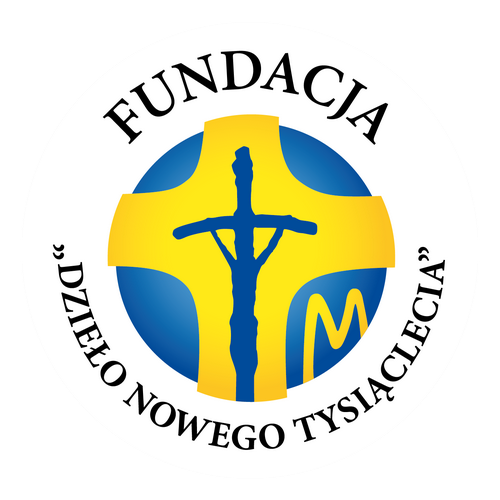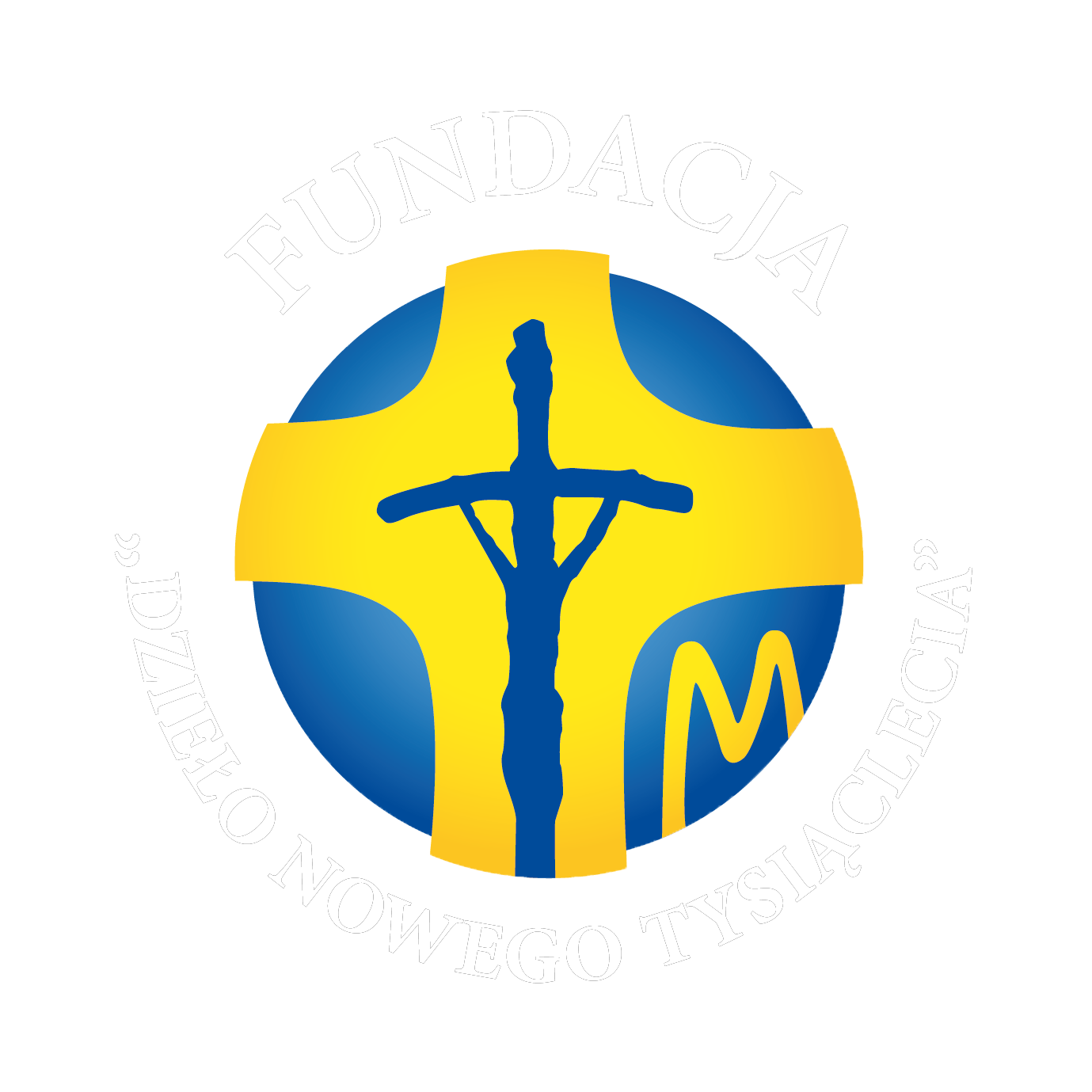Leaders and starosts of academic communities of the Foundation met in „Dobre miejsce” retreat centre in Warsaw at last weekend of February. They came to the capital from 20 different cities in Poland in order to share their experience in leadership of communities.
Periodic meetings for community council’s members are good opportunity to report foregoing activities, share own experience and to inspire each other. The meetings form alsoan irreversible opportunity to nibble together (and also with the Board of Foundation) at resolving problems which scholars meet every day in their cities of studying. „Thanks to these meetings we have an opportunity to learn a lot from each other and also motivate each other so as to take actions in cities where we study and to promote the teaching of our Patron and truly become His << Żywy Pomnik>>” – said one of participants of the meeting.
The meeting visited also the staff member of the Foundation’s office. Mrs Agnieszka Patralska – Papal Day Manager, summarised last Papal Day and Mrs Katarzyna Kieler – Camps Manager, raised an issue of scholars’ involvement in World Young Days in Cracow. Instead, Mrs Agnieszka Wicha and Mr Karol Daniluk – representatives of Council of Stowarzyszenie Absolwentow Dzielo, talked about conditions of joining the association and about foregoing activities.
Scholars of Foundation who study, create academic communities in the biggest cities which are organized similarly to priesthoods. In the most numerous – Warsaw and Cracovian Community, is congregated almost 300 people. But it’s enough only 5 scholars (once students) in order to create a community in particular city. Members of the community meet regularly, support each other, profess the faith and engage local initiatives. Each community has a council with its leader ahead who coordinate yearlong activities. The starost helps every first year to settle in a new environment.
Foundation supports currently almost 2300 people and 1200 of them are students. Our scholars represent sizable gamut of majors: range from humanistic and social through technical to medical majors –finally, it gives more than 90 different specialisations.



